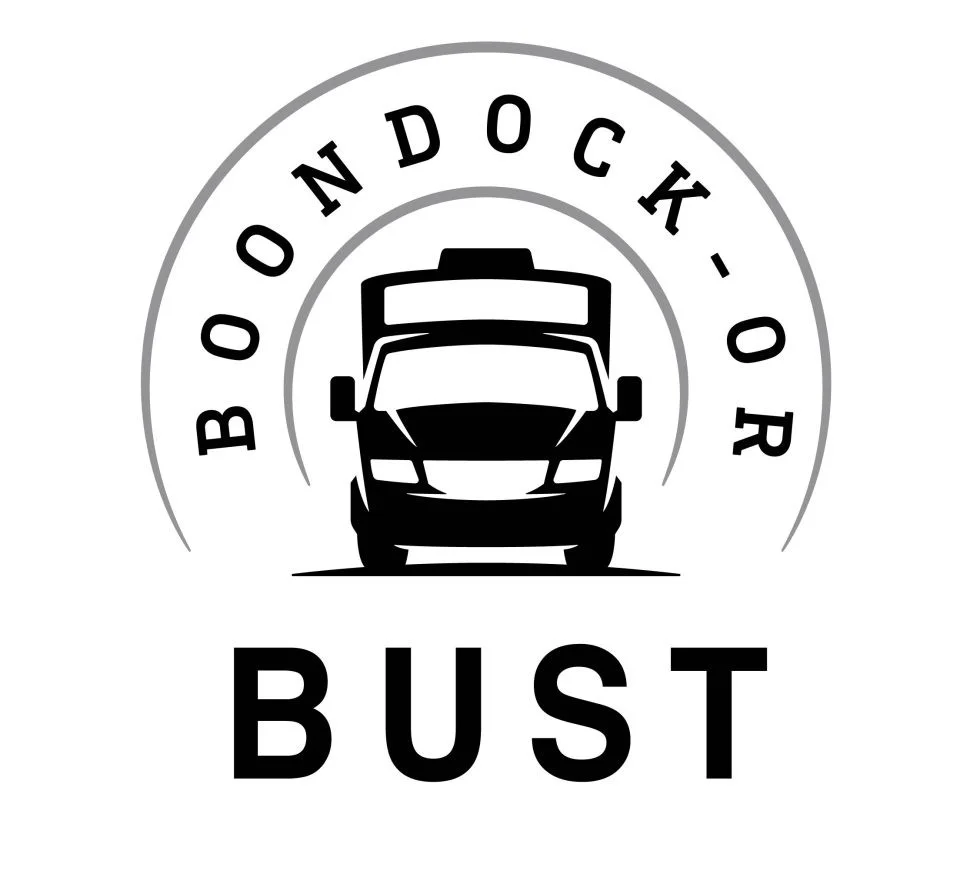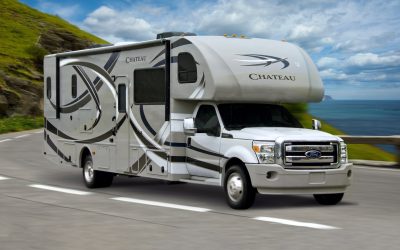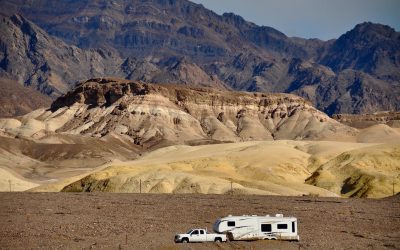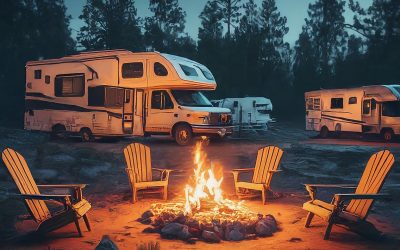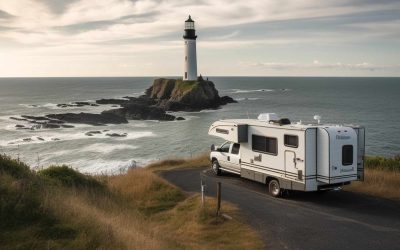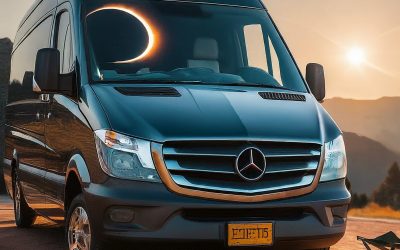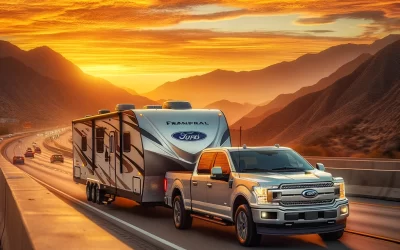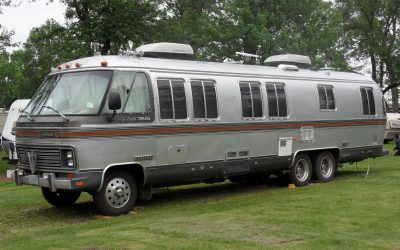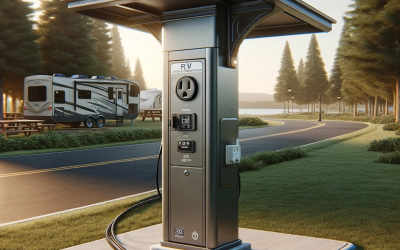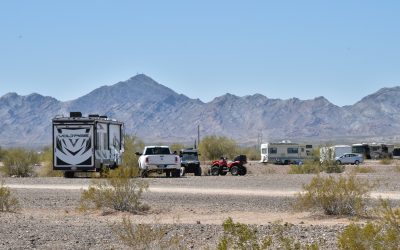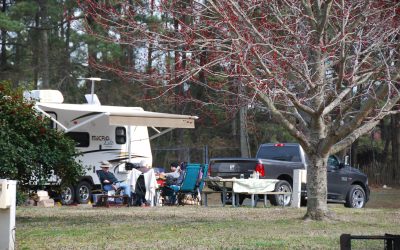Boondocking Guide
The Best RV Rental Companies of 2024
As dedicated travel enthusiasts, we’re always looking for ways to enhance our adventures. What better way to do so than by renting an RV and exploring the great outdoors? RVs offer unparalleled comfort and convenience, making them the perfect way to travel with...
Camping in Death Valley National Park
Reservations, Regulations & Tips Death Valley National Park, known for its surreal beauty and record-breaking temperatures, offers a unique camping adventure. Imagine gazing at a sky bursting with stars, uninterrupted by light pollution. Hike through otherworldly...
Top RV Club Memberships for 2024
RV Clubs, National Park Passes & Discount Camping Embarking on an RV adventure can be an unforgettable experience, filled with breathtaking landscapes, bonding with friends and family, and exploring the great outdoors. But, did you know that joining RV clubs and...
My RV Insurance Claim Odyssey
RV Insurance Claims - Roadmap for Success Every camping enthusiast dreads the thought of an insurance claim. It's a double whammy: dealing with the insurance company and facing a damaged RV and disrupted travel plans. Unfortunately, I have firsthand experience in this...
Unveiling the Freedom and Adventure
The Ultimate Guide to Boondocking Have you ever dreamt of waking up to breathtaking mountain views or calming ocean sounds, all from the comfort of your RV? Boondocking, also known as dry camping or dispersed camping, transforms your RV into a gateway to unforgettable...
Solar Eclipse Camping Guide 2024: Find Last-Minute Free Campsites!
Unveiling Unique RV Camping Adventures Witness the awe-inspiring 2024 total solar eclipse without breaking the bank! This guide unlocks the secrets to securing FREE campsites along the eclipse path, allowing you to experience this celestial phenomenon without the...
The Ultimate Guide to Safe and Efficient Trailer Towing
Ever dreamed of hitting the open road with your RV, transporting valuable cargo, or starting your own hauling business? But the thought of towing a trailer fills you with a mix of excitement and trepidation? You're not alone! Safe and efficient trailer towing requires...
Keeping Your Cool When Your RV AC Takes a Break
Embarking on a Cool Journey: Your Quick Guide to RV AC Mastery Sunbeams dance on the dash, a familiar rhythm accompanying your well-worn road trip playlist. The wind ruffles the curtains, carrying the scent of pines and seasoned adventures. Your RV hums along, a...
What to Do When You Plug Into Shore Power and Nothing Happens
Understanding the Basics Before you charge headfirst into troubleshooting, let's crack the RV power code. Most rigs have two distinct electrical systems: a 12-volt "brain" powering your lights, water pump, and other low-wattage heroes, and a 110-volt "muscle" system...
Tackling the Challenge of RV Bathroom Odors
Banishing the Bogeyman: Conquering RV Bathroom Odors Ah, the open road... the wind in your hair... the unexpected whiff of sewage from the bathroom? If the dream of RV life sometimes comes face-to-face with reality's less fragrant aspects, fear not! This guide, is...
LTVA Camping: Your Guide to Extended Stays on Public Lands
Understanding Long-Term Visitor Areas (LTVAs) Your Extended Camping Oasis Awaits Imagine trading crowded campgrounds for vast desert landscapes, swapping fleeting weekend getaways for months under starry skies. Long-Term Visitor Areas (LTVAs) offer this unique...
Unlocking the Wonders of State Parks
Unveiling the Great Outdoors Discover the secrets of America's state parks, each a canvas of breathtaking landscapes and untold adventures. Whether you're an adrenaline junkie, a family seeking memorable outings, or a nature lover craving tranquility, state parks...
